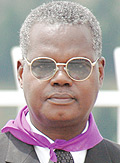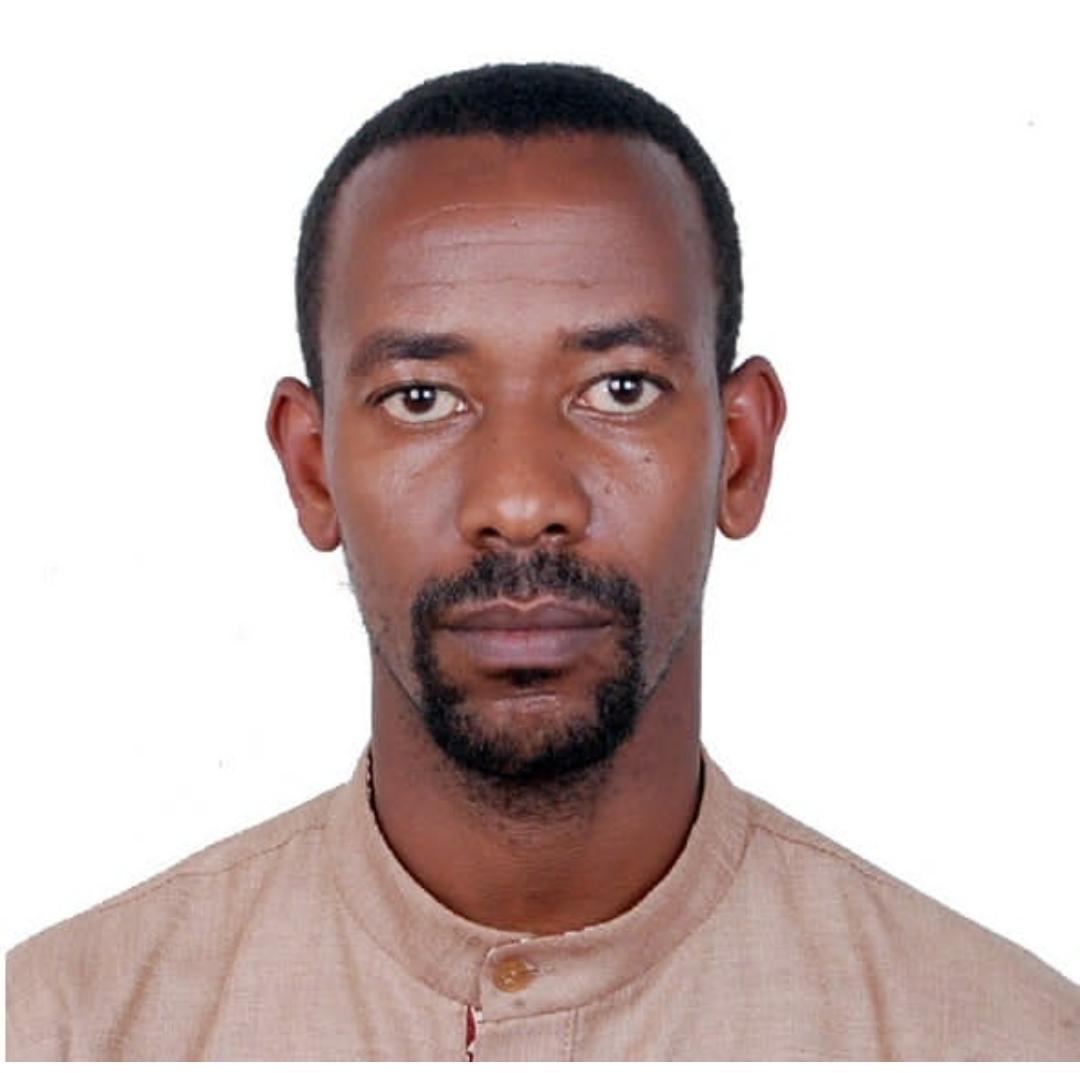IBUKA, the umbrella organisation of survivors of the 1994 Genocide against Tutsis has questioned the recent validation exercise of identifying bonafide beneficiaries of the Fund for Genocide Survivors (FARG) which was carried out by the government through the Ministry of Local Government.


IBUKA, the umbrella organisation of survivors of the 1994 Genocide against Tutsis has questioned the recent validation exercise of identifying bonafide beneficiaries of the Fund for Genocide Survivors (FARG) which was carried out by the government through the Ministry of Local Government.
The exercise was aimed at eliminating ghost and illegal beneficiaries from FARG’s list and was carried out across the country.
Final results of the validation are yet to be made public.
In an interview with the IBUKA president Theodore Simburudari, he said that the idea of validation was good but the process of how it was conducted and the criteria used were wrong.
"Some of the criteria used to omit people from the list include anyone above the age of 21, any person who has finished high school or owns a quarter of a hectare of land and many others. These criteria were extremely wrong because most of those people need assistance,” said Simburudari.
He hastened to add that some of the people who carried out the survey are either implicated in the genocide or former convicts, "there is no way these people can produce genuine statistics.”
Asked what his organisation would do after the protest, Simburudari said that IBUKA has the competence to carry out the validation by itself.
"Lets give it time and see the final outcome of the validation. We are considering carrying out a separate validation using our criteria,” said Simburudari.
When asked about the allegations, the Permanent Secretary in the Ministry of Local Governance (MINALOC), Eugene Barikana, confirmed that there were some irregularities in the validation process which is why a cross examination is being carried out to ensure that the final list is genuine.
Barikana was recently appointed as FARG’s interim Executive Secretary after the Prime Minister suspended all members of fund’s Board as well as its executive committee.
Some of the districts that were highlighted for gross irregularities in the validation include Gisagara and Ruhango in the Southern Province, Rwamagana in the Eastern Province and Rusizi in the Western Province.
"Some of the problems that brought about the irregularities were the misunderstanding of the entire concept, otherwise the approach used was very clear and understandable,” said Barikana.
Asked how he is trying to iron out the irregularities that cropped on an early stage of his interim leadership, Barikana said: "I have personally given out my mobile number to the entire country to ensure that all problems arising get my attention.”
He added that at the moment no measures have been taken yet and that no children or any person should be denied any right.
"Those who have complaints about the validation process can lodge their appeals at sectors and we will ensure that we have looked into all those appeals and solve them before the end of March,” Barikana noted.
IBUKA had initially wanted to conduct the validation exercise but MINALOC chose to give it to the National Institute of Statistics in Rwanda (NISR).
According Simburudari, IBUKA had made a proposal of over Rwf 400 million for the whole exercise but the ministry opted to pass it on to NISR.
"We believe there are gross irregularities that is why we had requested to take on the validation; it was initially our idea,” he said.
In response to Simburudari’s allegation, Barikana said that in everything the government needs concerning statistics and data collection, it uses NISR because it is its mandated work and there was nothing wrong NISR doing the job.
In a separate but related development, Barikana added that he will ensure that every survivor who has been listed gets proper medical care and education during his time in the office.
Ends


